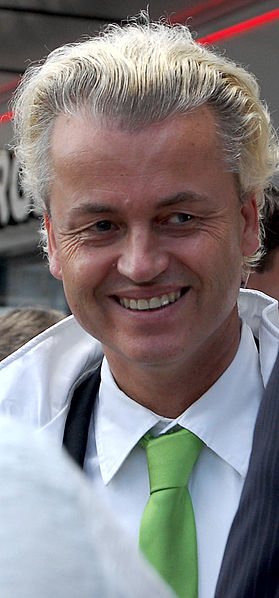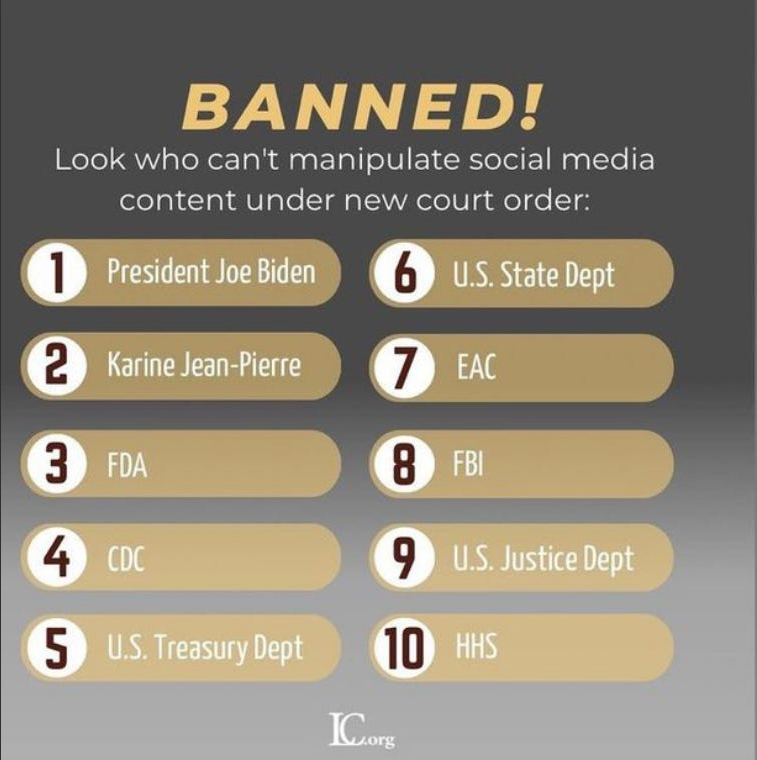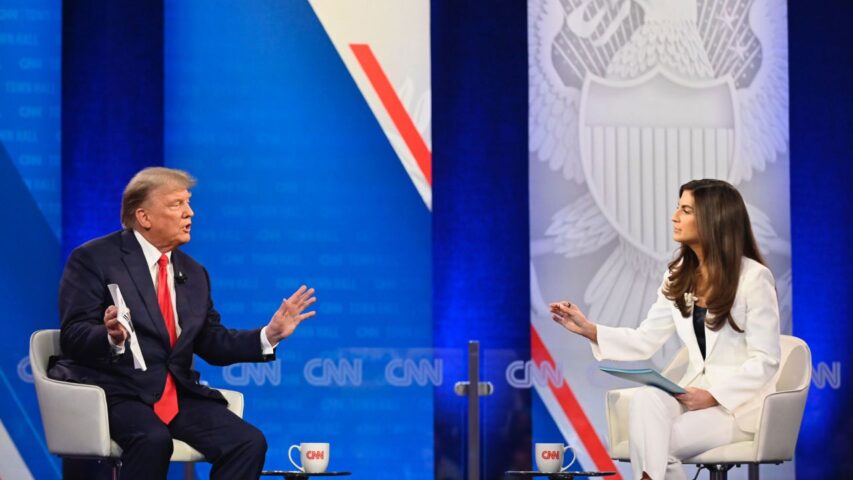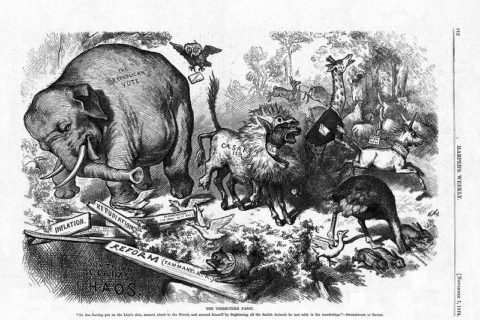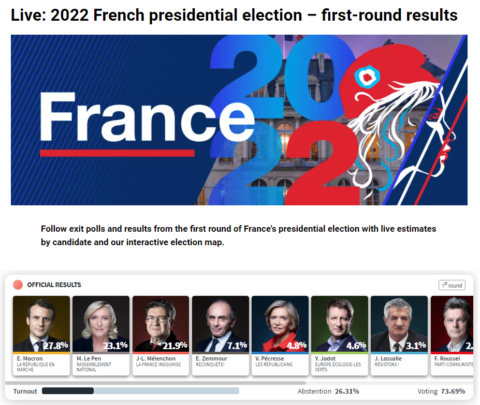Niccolo Soldo’s weekend post discussed some of the reasons western “elites” treat anything that can remotely be considered “populist” as if it were outright armed revolution in the streets:
For around 15 years now, the British have elected Conservatives to govern them, with anti-immigration sentiment the key driver in their choice of parties to rule. #Brexit was powered to victory by this same sentiment.
Instead of getting what they wanted, immigration in the UK has continually increased under each and every Tory Prime Minister. Last week, the ruling Conservatives managed to put out two messages on this same issue:
- Putin has “weaponized migration” to harm Europe, including the UK
- The massive spike in immigration that the UK has experienced since #Brexit was “unintentional” on the part of the Tories
Throughout the West, citizens are becoming increasingly suspicious of liberal democracy because they realize that no matter who they vote for, they always end up getting the same policies to them (yes, this is a gross generalization … please forgive me). It’s not just that people feel that their interests are not being represented by their elected representatives, but that their ruling elites are becoming increasingly distanced from the people that they purport to represent. The sentiment is growing that we are ruled by managers, and that we, the people, really do not have a say in anything.
For those of us who grew up in the West, democracy is part of our DNA. We live and work under the assumption that government rules on behalf of us, the people, and not lord over us, the peons. All of us now realize that the latter is much more true than the former, which is why you choose to read people like me. Very few of us feel that we have the ability to affect the decisions that impact us on a daily basis and that will direct our futures, and the futures of our families. We all have a stake in our respective societies, but feel powerless to do anything about our present situation.
He then linked to this article by Frank Furedi:
Since the turn of the 21st century populism has emerged as a medium through which the Western Elites recycle their worst fears. In the mainstream media populism serves as a signifier of a dark, potentially dangerous force that undermine the stable political institutions that were carefully nurtured in the post-Second World War Era. That is why terms like extreme, far-right, authoritarian, xenophobic and even fascist are often coupled with the word populist. The semantic strategy for framing populism as the antithesis of democratic and liberal norms is to create a moral distance between it and the rest of society.
The representation of populism as a moral disease is frequently communicated through a hysterical narrative about the scale of the threat it represents. Populism is sometimes medicalised as a virus. The growth of a political movement designated as populist is sometimes likened to an infection. Its growth is described as an epidemic by some of its opponents. “The next epidemic: resurgent populism” warns one analyst. “Populism, racism and xenophobia have infected Europe” asserts a writer in Euractiv. One American academic writes of “Populism as a Cultural Virus”. An essay on the Spanish political party Vox is titled, “A Political Virus? VOX’s Populist Discourse in Timed of Crisis”. A Facebook Post of the Young European Federalist stated that “The virus of populism, racism, xenophobia has affected Europe”.
Otto English, a commentator in Politico wrote hopefully that “Coronavirus’ next victim” would be “Populism”. Others were more circumspect and reported that “Covid-19 has not killed Global Populism”.
The use of a medicalised narrative that diagnosed populism as a form of moral pathology is reminiscent of the use of crowd psychology in the 19th century to de-legitimate the democratic aspiration of the people. The demonisation of the masses in the 19th century anticipates the contemporary pathologisation of populism. Crowd psychologists such as Gustave Le Bon wrote off the people as a mass of irrationality and delusion. Then and now the medicalisation of public life expressed an elite’s hatred of those members of their “social inferiors” who dared to challenge their power.
In recent years optimistic predictions about the demise of populism runs in parallel about doom laden accounts of the threat posed by this supposedly dangerous political force. “Has Europe reached peak populism?” asked Paul Taylor in Politico before hopefully noting that the “tide may have turned against nationalist right”. In recent months such hopes have turned into despair as it becomes evident to all that movements labelled as populist are in ascendant. The June elections to the European Parliament are likely to see a substantial increase in the number of parliamentarians affiliated to populist parties. It is unlikely that the dehumanising language of virology is going to do much to discredit the forward movement of populism.
Anti-populist sentiments are particularly prevalent among the oligarchy that runs the European Union. They refuse to regard populist parties as legitimate political opponents. Instead, they treat them as enemies rather than political opponents, The EU financially supports projects designed to curb the epidemic of populism. One such project titled, “Countering the populist threat: policy recommendations and educational tools” is justified on the ground that “populist sentiments and politics are spreading across Europe, dividing society into ‘Us’ and ‘Them’. It describes itself as an ‘An EU-funded project’, which ‘addresses this challenge, thereby ensuring stability of liberal democracies'”.





